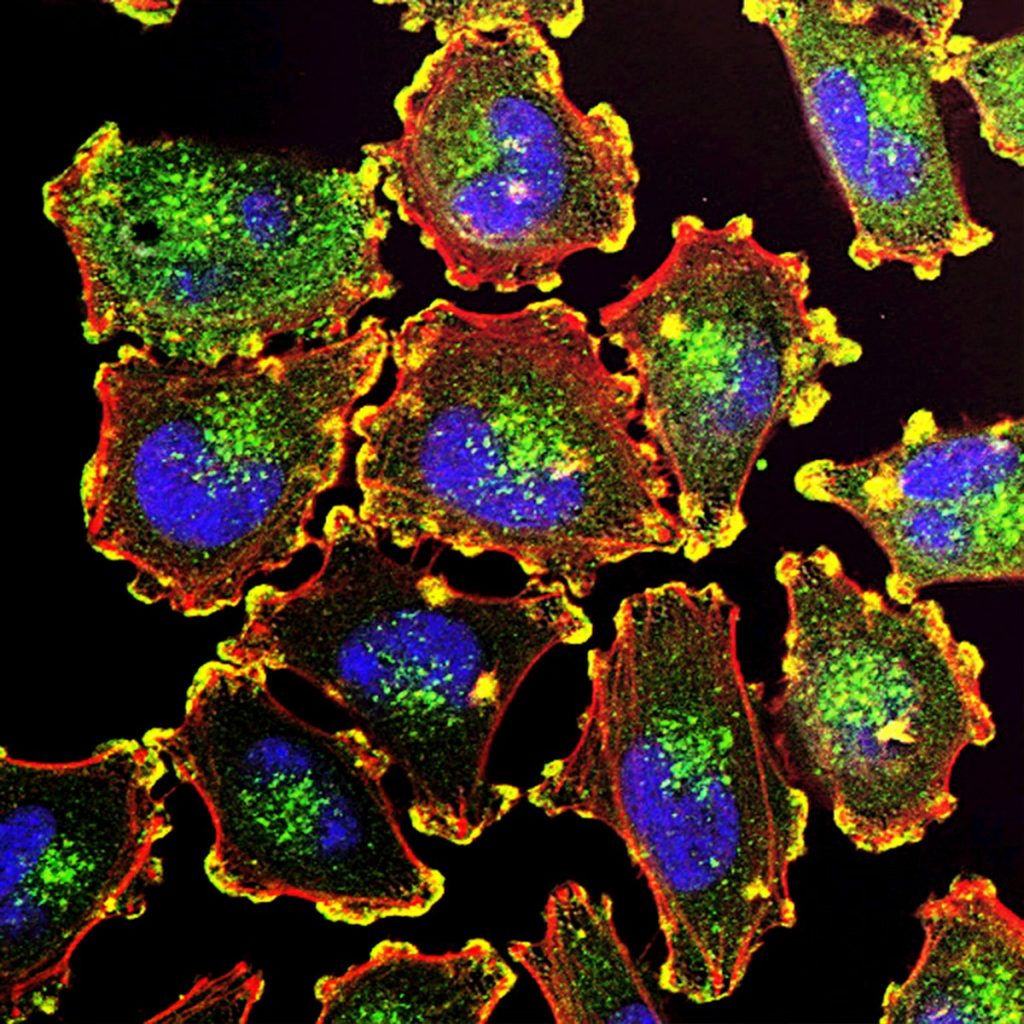The number of mouth cancer cases in the UK has reached an all-time high, with over 10,000 diagnoses annually. This figure, a 133% increase over the past 20 years, was recently highlighted in the State of Mouth Cancer UK Report 2024 from the Oral Health Foundation. Published to coincide with November’s Mouth Cancer Action Month, the report reveals that mouth cancer diagnoses now stand at 10,825 cases per year. Dr. Nigel Carter OBE, Chief Executive of the Oral Health Foundation, stresses the seriousness of these statistics, stating, “While other cancers are declining, mouth cancer cases continue to grow. Known risk factors such as smoking, excessive alcohol consumption, and HPV are contributing to this surge, with mouth cancer presenting a severe and growing threat to public health.”
Mouth Cancer on the Rise: Trends and Impact
The report outlines that mouth cancer primarily affects individuals over 50, with two-thirds of cases in men. Common locations for mouth cancer include the tongue, tonsils, lips, and gums. The report also highlights an alarming statistic: in the past year alone, mouth cancer claimed the lives of 3,637 people in the UK, marking a 61% increase over the last decade. More than half of mouth cancer cases are diagnosed at advanced stages (stages III and IV), drastically reducing the effectiveness of treatment and impacting survival rates. Dr. Carter notes, “The late diagnosis of mouth cancer in too many cases emphasizes the critical need for increased awareness and early detection.”
Early Detection: Joe Butler’s Story
One case that underscores the importance of early detection is that of Joe Butler from Sheffield. At just 26, Joe noticed a recurring ulcer on the side of his tongue, which his dentist flagged as concerning. “When my dentist noticed the ulcer, she recommended I get it examined right away. A biopsy later confirmed it was cancer, Joe shared. Learning you have cancer is a surreal experience, especially when it’s in an unexpected place like the mouth. I always tell people, if something doesn’t seem right, ask your dentist for a quick check-up it could save your life.”
Addressing NHS Dentistry Shortages and Access to Care
The rise in mouth cancer cases is further complicated by issues surrounding access to dental care. Dr. Carter calls on the government to urgently address NHS dental workforce shortages and improve the NHS dental contract, stressing that timely dental referrals are critical for early cancer detection. Access to dental services goes beyond just keeping teeth and gums healthy. It’s also about saving lives, he said. “We need the government to commit to a plan for NHS dentistry, with clear timelines and accountability.”
Encouraging Self-Checks and Public Awareness
Throughout Mouth Cancer Action Month, the Oral Health Foundation, in partnership with PortmanDentex, a dental group with over 375 practices across the UK is committed to educating the public about mouth cancer symptoms and the importance of self-examinations. Dr. Catherine Tannahill, Director of Clinician Engagement at PortmanDentex, encourages individuals to make mouth checks a part of their health routine. Early diagnosis is crucial, yet too many cases are identified too late, Dr. Tannahill explains. “Performing a quick self-check can help identify unusual changes in the mouth, such as persistent lumps, red or white patches, or ulcers that fail to heal.”
Dr. Tannahill recommends examining the mouth in a well-lit room with a magnifying mirror. Key areas to check include the lips, tongue (both sides), throat, gums, and the inside of the cheeks. Any unusual lumps or colour changes should be assessed by a professional.
As mouth cancer cases continue to climb, the Oral Health Foundation’s report calls for action and public awareness. Increased knowledge of mouth cancer symptoms and risk factors, along with regular dental visits and self-examinations, can play a vital role in combating this disease.
